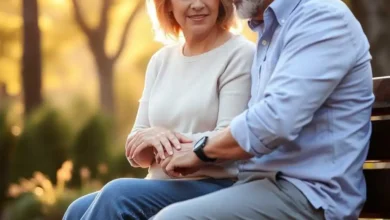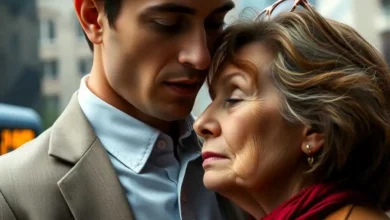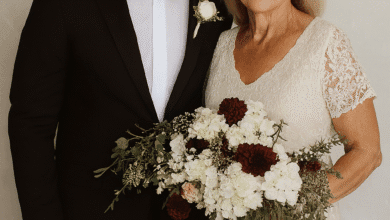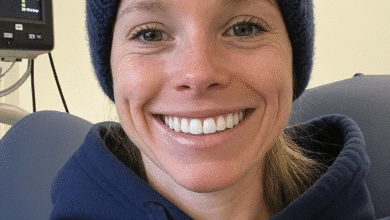My Aunt Tried to Take Custody of My Brother — But I Saw Through Her True Intentions
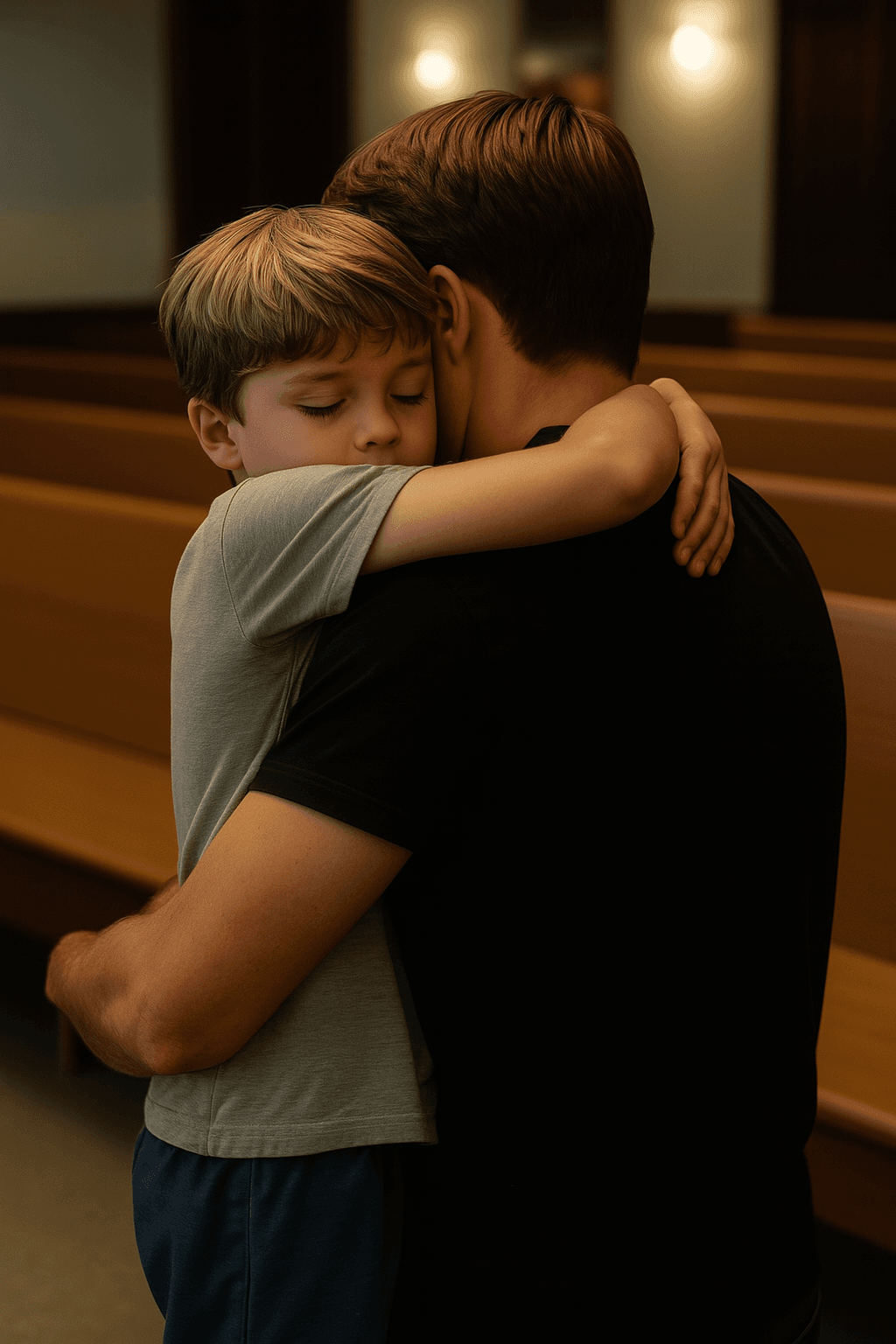
I was only eighteen when I faced the worst moment of my life—burying both of our parents. My little brother Max, just six years old, clutched my hand and kept asking, “When is Mommy coming back?”
As if that wasn’t heartbreaking enough, the funeral happened the day after my birthday. A few people tried to say, “Happy 18th,” but it felt like a cruel joke. I didn’t care about cake, gifts, or becoming an adult. All I cared about was keeping Max safe and shielding him from the pain.
Still dressed in funeral clothes, I knelt by their graves and whispered a promise:
“I won’t let anyone take you. Ever.”
But life — and family — had other plans.
A week after the funeral, Aunt Diane and Uncle Gary invited us over. Their house was spotless, the kitchen smelled like cinnamon, and Max was distracted by dinosaur stickers.
Meanwhile, I sat at their perfectly set table, holding a cup of cocoa I didn’t want, listening to their pitch.
“You’re still just a kid, Ryan,” Diane said with fake concern. “You’re in school. You don’t have a job. Max needs stability, structure… a real home.”
“A proper home,” Gary echoed, trying to sound sincere.
I bit my cheek so hard I tasted blood.
These were the same relatives who forgot Max’s birthday for three years straight. The ones who skipped Thanksgiving for cruises. And now they wanted to be parental figures?
The next morning, I found out they had already filed for custody.
That’s when it hit me — this wasn’t about love or concern. It was a calculated move. I didn’t know why yet, but something smelled off.
I wasn’t going to let them win.
That same day, I dropped out of college. When my advisor asked if I was sure, I didn’t hesitate. School could wait. Max couldn’t.
I picked up two jobs — delivering food by day and cleaning offices at night. We moved out of our childhood home into a tiny studio apartment where the mattress touched one wall and the futon touched the other.
It smelled like old pizza and disinfectant, but to Max, it was enough.
“It smells like home,” he said one night, curled up in a blanket burrito with a smile.
That kept me going.
I filed for legal guardianship, even though I knew the odds weren’t in my favor. I was barely an adult scraping by — but I loved my brother more than anything.
Then Diane struck again.
A social worker knocked on our door with a report that almost made my knees buckle. She said I was being accused of yelling at Max. Of leaving him alone. Of hitting him.
My world stopped.
But I wasn’t alone.
Our neighbor, Ms. Harper — a retired third-grade teacher who watched Max during my night shifts — stepped in like an angel.
She marched into court, dressed professionally, carrying a folder full of detailed notes.
“That young man,” she told the judge, pointing at me, “is raising his brother with more love than most children ever receive in a lifetime.”
Her words bought us time. The judge delayed the hearing and ordered supervised visits with Diane instead of full custody.
It wasn’t a full win, but it gave me a fighting chance.
Then one day, Max told me something that broke my heart.
“She said if I don’t call her Mommy, I won’t get dessert,” he whispered, gripping my hoodie with his little hands.
I knelt down and gently told him,
“You only need one mommy — and she’s already in heaven.”
Later that night, as I took out the trash behind our building, I walked past Diane’s open kitchen window — and froze.
She was on speakerphone.
“We need to move this along,” she said. “Once we get custody, the state will release the trust fund.”
Trust fund?
I had no idea there was one.
I spent the whole night researching. My worst fear was confirmed: there was a $200,000 trust fund set aside for Max’s future. And Diane wanted it.
The next evening, I returned to the same spot outside her window — phone in hand. This time, I hit record.
Gary’s voice came through clearly:
“Once we get the money, we’ll send Max to boarding school. That kid is exhausting.”
Then Diane’s smug laugh followed:
“I just want a new car. Maybe that Hawaii trip.”
The next day, I handed the recording to my lawyer.
At the final custody hearing, Diane walked into court with pearls around her neck and a tin of cookies like she was hosting a bake sale. She smiled at the judge like the case was already won.
She had no idea what was coming.
My lawyer pressed play. Their voices echoed through the courtroom.
When the recording ended, the judge’s expression changed instantly — from neutral to visibly disgusted. She looked straight at Diane.
“You attempted to manipulate this court,” she said coldly, “and used a child to access money meant for his future.”
Diane’s smile disappeared. Her lipstick cracked. Gary turned pale.
Not only did they lose the case, but they were also investigated for attempted fraud. The cookies sat untouched on the table, forgotten.
That day, the judge granted me full legal guardianship. She even recommended housing assistance, citing my “exceptional efforts under extreme circumstances.”
Outside the courthouse, Max held my hand tightly.
“Are we going home now?” he asked with wide eyes.
I knelt down and smiled.
“Yeah, buddy. We’re going home.”
As we passed Diane on the courthouse steps, she didn’t say a word.
She didn’t need to.
Now, two years later, I’m working full-time and studying online. Max is thriving in second grade. He tells everyone I’m his hero.
We still live in our tiny apartment. It’s not much, but it’s ours.
We argue about what movies to watch. We laugh too hard at bedtime stories. And every night before bed, Max says thank you.
I tell him the same thing every time:
“I will never give up on you.”
And I never did.
